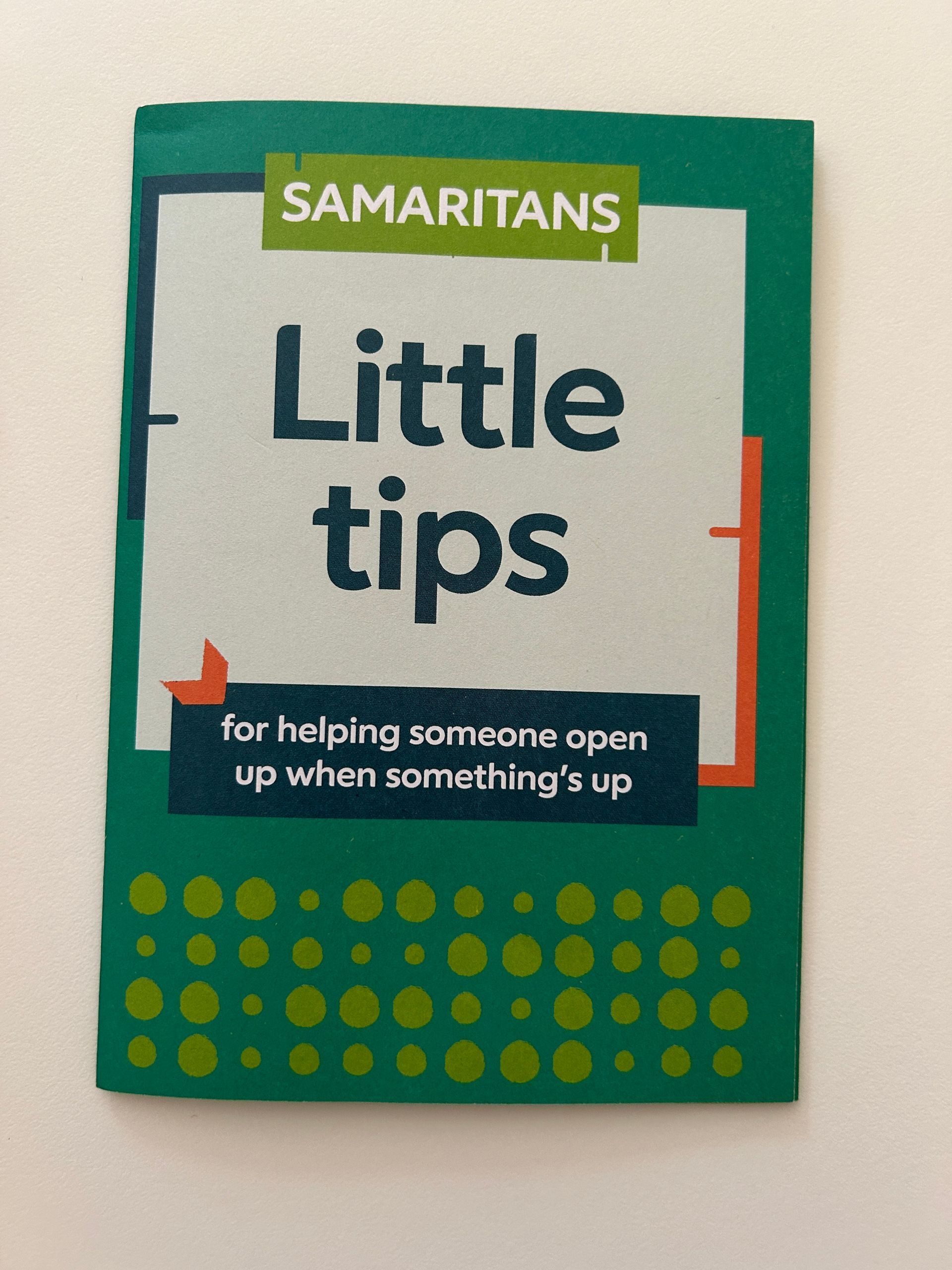Infinite mindset…
The difference between a finite game and infinite game is the context of Simon Sinek’s book. Finite game you know the goal to achieve and you know the players and everyone understands their role. There are fixed rules and there is a clear beginning and end. An infinite game is played by known and unknown players – there are no rules, and the players can operate however they want, they can change how they play the game at any time and for any reason. As there is no end there is no such thing as winning
There are finite goals within life such as school but ultimately life is infinite. There is no such thing as coming in first in marriage or friendship, the same with global politics and there is no declaration of being a winner.
When we lead with a finite mindset it will lead to all sorts of problems the decline in trust. Infinite mindset we create high levels of trust co-operation collaboration innovation.
The game of business has no finishing line you want to build organisations that are strong enough and healthy enough to stay in the game for many generations to come.
Five principles of an Infinite mindset:-
- Advance a just cause – vision of a future state that does not yet exist – people are willing to make sacrifices to help advance forward to follow you. An example of a finite just cause:- Fighting against poverty – makes it appear we can win – however if we said instead “We fought for the right for every human to provide for their own family” it is positioned as a cause that you want to be a part of. The first offers a problem to solve the second offers a vision of possibility and dignity.
2. Build trusting teams – a current buzz term is psychological safety if your employees feel safe then they will trust you more. Creating an environment where failure is embraced and the team/organisation believe in a growth mindset.
3. Study your worthy rivals – In the book Sinek uses the tennis players Chris Everett-Lloyd and Martina Navratilova as examples of worthy rivals. They respected each other off the court and to that end they wanted to improve to be a worthy rival. Everett Lloyd particularly altered how she played from being a baseline player to coming into the net, she learnt from her rival and improved her game.
4. Prepare for existential flexibility – Be prepared to flex your business be aware of your just cause being limiting. The US railroad was about improving rail roads and with the decline of train travel they have been left behind. Imagine if they had invested in “just moving people” they could have invested in other forms of transport. Other examples are Blockbusters did not move the business from video rental and got squeezed out by Netflix who worked on a subscription model.
5. Demonstrate the courage to lead – making decisions that are bold and brave. The example of CVS Caremark in February 2014 taking the decision not to sell cigarettes as it was not in line with the healthy just cause they wanted to follow. Shareholders were not happy about the downturn in revenue but it is about having the courage to lead your team and the organisation to follow your cause. Consumers did not leave and in fact some shopped there to follow the cause and data showed a small decline in smokers in localised stats near their stores.
Please do reach out if you would like a workshop on the Infinite Mindset bev@nuggetsoflearning.co.uk












